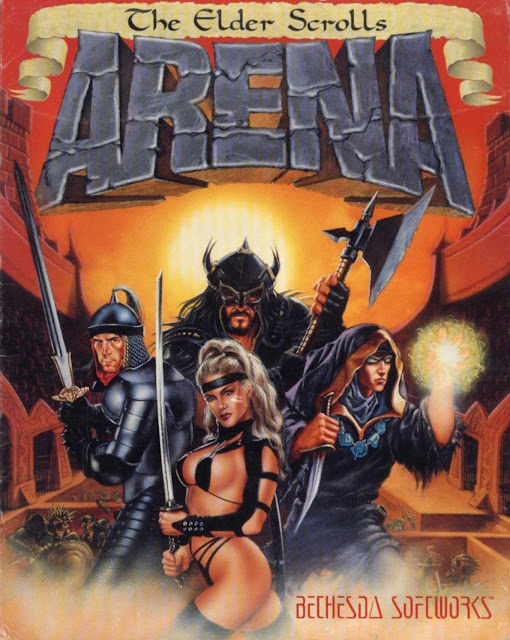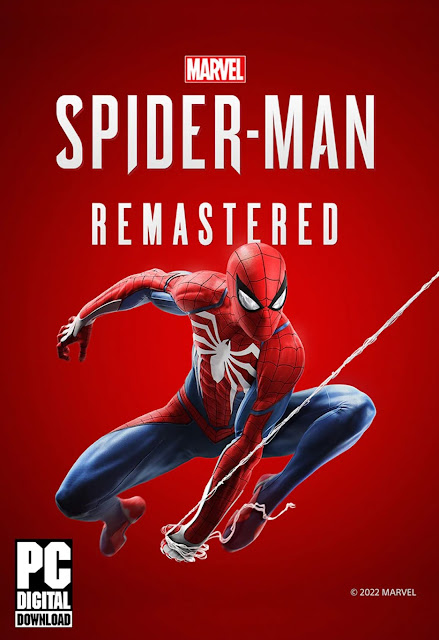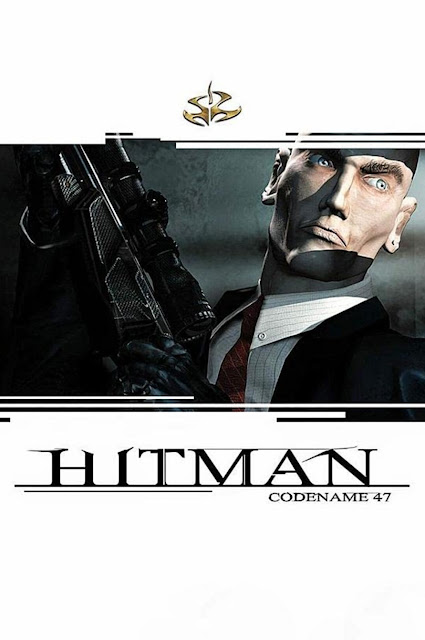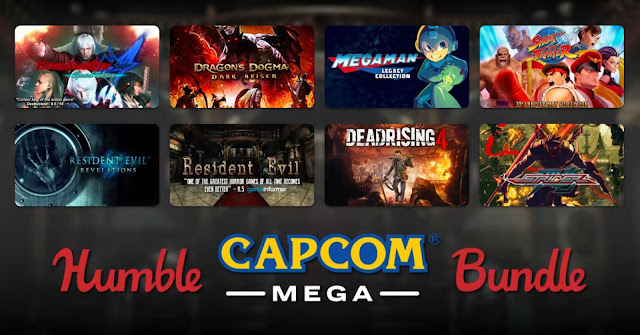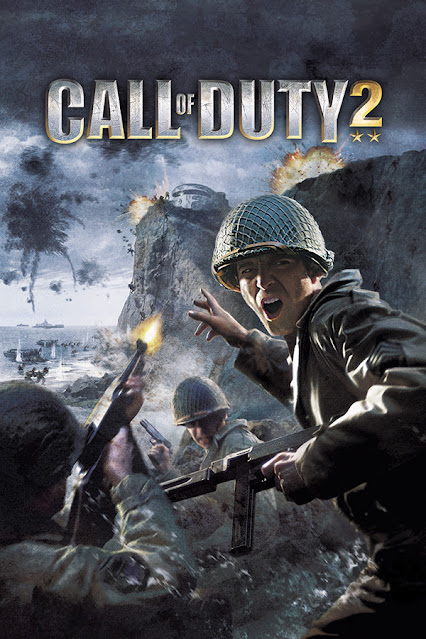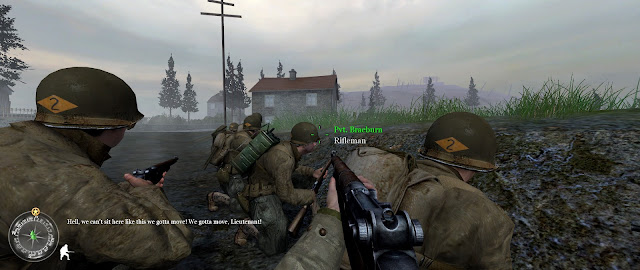My entire experience with super-hero video games was playing a buddies Batman (1989) game for a day, a demo of SEGA's godawful Iron Man game 20 years later around 2008, Gazillion's Marvel Heroes ARPG for a few months before it had its plug unceremoniously pulled by Disney and most recently in 2017 the serviceable MMORPG DC Universe Online which allowed me be my own dark-clad martial-arts powered vigilante superhero "The Duskmaster". I had intended to play Rocksteady's Arkham series to be the real Batman but Sony, as part of their aggressive push into the PC gaming market, published Marvel's Spider-Man Remastered with enticing gameplay, graphics suitable for 2023, so I started that instead.
Spider-Man needs no introduction, appearing in comic books since 1962 he quickly got to Marvel's A-list warranting merchandise, animated series, a live action TV show and a whopping eight live-action cinematic movies! There are many iterations of the character between (and even within) each medium as most recently seen in Spider-Man Far From Home where three versions of Peter Parker from the Sam Raimi movies, the James Webb movies and the MCU met and interacted. This game takes place in Earth-1048 for those that pay close attention to these things. Here, 23 year old Peter Parker, research scientist at Octavius Labs began operating as Spider-Man at the age of 16. Today he helps combat crime in Manhattan with the assistance of NYPD Captain Yuri Watanabe. After defeating Wilson Fisk, the Kingpin, the city was targeted by the villain Mister Negative and his gang with a vendetta against Norman Osborn, the city mayor.
I like games that have a tutorial as part of the overall narrative that are a bit more fleshed out than a generic obstacle course. This game has a good one that serves as a prologue where you take down The Kingpin and an army of his goons and in doing so learn the main mechanics and moves that Spider-Man has at your fingertips. The control scheme on keyboard and mouse felt a bit clunky at first, much more so than my recent experience with God of War but I expect that may be the case with many action adventure games especially ports. I did plug in the Xbox controller for a bit but I fared much worse with it as opposed to better as was immediately seen with Dark Souls so returned to mouse and keyboard and persevered, mastering it before too long.
Combat here looks awesome. You'll recognise a lot of Spidey's moves from both comic-book and movie versions. Some actions you don't control 100% so you kick or punch an enemy depending on how long you've been attacking, or where the enemy hit-box is in relation to you. Enemy variety maxes out before too long with the common pitfall of having the same enemy AI and move-set reskinned to the latest goon faction but there is tremendous variety in how you deal with them. Variety above basic attacks in combat is provided through two different ways. As you level up you gain access to new attacks and moves such as webbing enemies to disarm them or use them as a weapon to clobber others. The second way your combat is customised is though your suit or gadget upgrades.

As the game progresses you get access to a huge arsenal of gadgets and upgrades taking many different forms. So your gadgets (weapons) are mainly web attacks some do different things like unique web bolts or technology based attacks like electrified webs to name but a few. You also gain access to different Spider-Man suits from all media, comics, films, animated etc which not only change your visual look but some also provide special abilities. The interesting thing is that you can use the ability once you've unlocked the suit so you don't need to use the suit the ability comes with. You upgrade your suit though employing passive or active gadgets of which there are dozens of different combinations that you can swap at any time out of combat. My personal preference was the Stark-enhanced suit from Avengers: Infinity War which came with"Iron Spider" mechanical arms that make short work of groups of mobs that the game throws at you.
Combat aside, it was movement and traversal in this game I found most unique. I was able to scale, jump and 'float' from buildings in DCUO but the range of controlling and manipulating your speed and movement here was far superior to that. The signature 'Thwipp!" of your web-singers signified another strand was added to your journey atop the Manhattan skyline. Performing acrobatics without the fear of "falling damage" that prevents such stunts in the majority of games I play was most refreshing. So unique was the experience that I often found myself web-slinging or parkouring across rooftops with no aim towards an objective, traversal through the game was just fun.
Marvel's Spider-Man Remastered has one map, it only needs one, in this case a fictional representation of the borough of Manhattan. Some things are pure fantasy such as the Osborne or Roxxon buildings and of course the monolithic Avengers Tower but other structures are recreated almost perfectly from reality like Freedom Tower, Madison Square Garden and The Empire State which begs to be climbed. Earth-1048 differs in other ways in that New York seems much cleaner, there's less people and less traffic but these are likely game engine limitations so we won't worry about those to much. At various points you do get to adventure inside buildings, but these are primarily as part of the story, the vast majority of the game is the open world city-scape with an incredible array of icons to tick off which you only mostly need to do if you want to achieve maximum level and make the game easier as with many other game experiences today.
 |
HDR Screenshots are borked but this presents the scale of Manhattan - you can go anywhere!
|
With all that, dont forget we have a cinematic quality story and performances here. John Paesano (Mass Effect: Andromeda) returned to score for a Marvel superhero since making a name for himself as Neflix's Daredevil composer. Veteran animation and anime voice artist Yuri Lowenthal voices Spider-Man/Peter Parker (with Ben Jordan as capture/likeness). In addition to Wilson Fisk, Mister Negative and practically the entire rogues gallery of Spider-Man villains, it's no spoiler to say that once we see Otto Octavius developing octopus-like appendages to help the disabled we're gonna see Doctor Octopus, given life by the voice and facial capture of William Salyers (Mass Effect 3). I must mention TV and film actor Mark Rolston (Aliens) as Mayor Norman Osborn and TV actress Nancy Linari as Aunt May both of whom delivered sublime performances (and likenesses) to their characters. Miles Morales portrayed by Nadji Jeter (The Last of Us) and Laura Bailey (Star Wars: The Old Republic) (voice) and Stephanie Tyler Jones (capture/likeness) as Mary Jane Watson round out the cast and interestingly are temporarily controllable in a few "stealth sequences" which advance the larger narrative. Finally I must mention the true star of the game Darin De Paul (Doom / Star Wars: The Old Republic) who voices J. Jonah Jameson former Daily Bugle editor turned radio show host who pops into your headphones condemning Spider-Man as a menace and berating his studio assistant in hilarious fashion about once every 5 - 10 minutes. It's truly the icing on the cake for this sublime Spider-Man experience.
DLC: The City That Never Sleeps is a three part adventure that adds several hours of story and gameplay the game. It's worth playing through the story as it fleshes out the story for Black Cat, and Silver Sable as well as pitting you against Hammerhead. The extra open world content isn't worth it if you've already maxed out your abilities and gadgets from the main game. It should be noted that while this was DLC for the PS4 version, it's bundled in with the Remastered version.
Final Verdict: Interesting and varied combat with great moves and gadgets to mix it up despite enemy variety becoming predictable before too long. I felt that wile the open world gameplay and icon hunting does get repetitive after a while, in this game it was worth it to level up, get more gadgets and to unlock cool Spider-Man suits. Compelling story and performances, coupled with a breathtaking rendition of New York city cements the immersion that you are indeed Spider-Man!
Technicals: 45.5
hours playtime (including DLC) through Steam. Full UW support granted 3440x1440. Custom settings favouring high end options with RTX3070Ti. HDR and Ray Tracing was enabled in game and DLSS was enabled to provide adequate frame-rate of about 65-80FPS
Bugs: There were a few crashes, I fiddled around with frame rate and graphics settings enough to fix them.
Availability: Marvel's Spider-Man Remastered is available from Steam for €59.99. Review copy purchased for €40.79 in Oct 2022 from Green Man Gaming.
Insomniac Spider-Man Releases:
- Marvel's Spider-Man [PS4] (2018)
- - Spider-Man: The City That Never Sleeps DLC [PS4] (2018)
- Marvel's Spider-Man Remastered [PS5] (2020)
- Marvel's Spider-Man Remastered [PC] (2022)
- Spider-Man Miles Morales [PS4/5] (2020)
- Spider-Man Miles Morales [PC] (2022)
- Marvel's Spider-Man 2 [PS5] (2023)
- Marvel's Spider-Man 2 [PC] (2025?)






